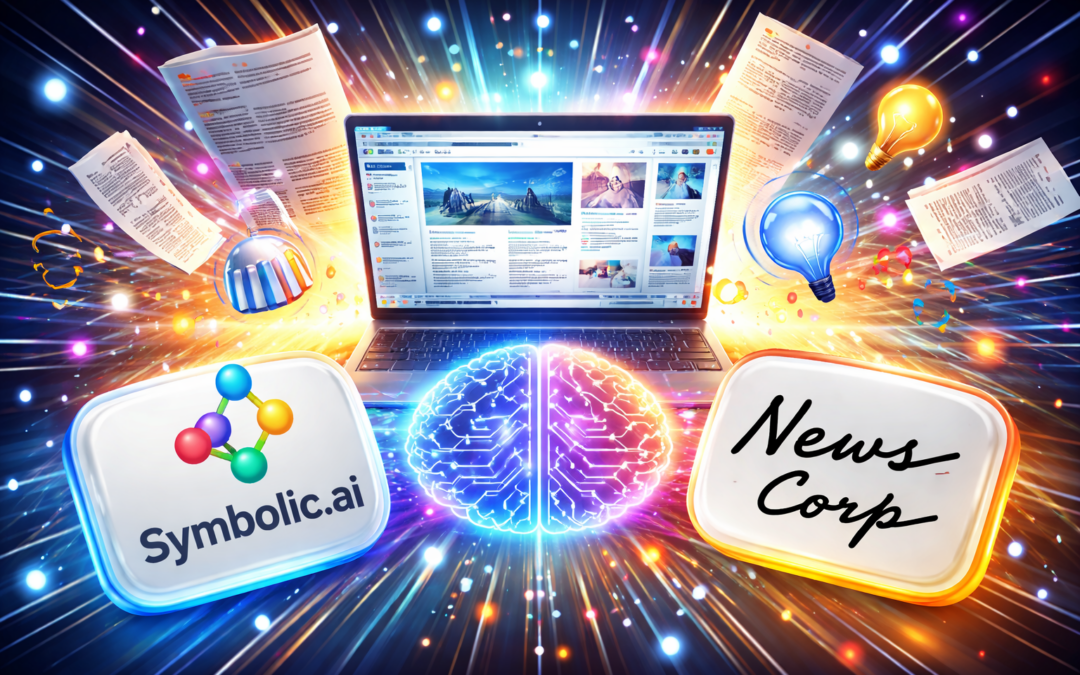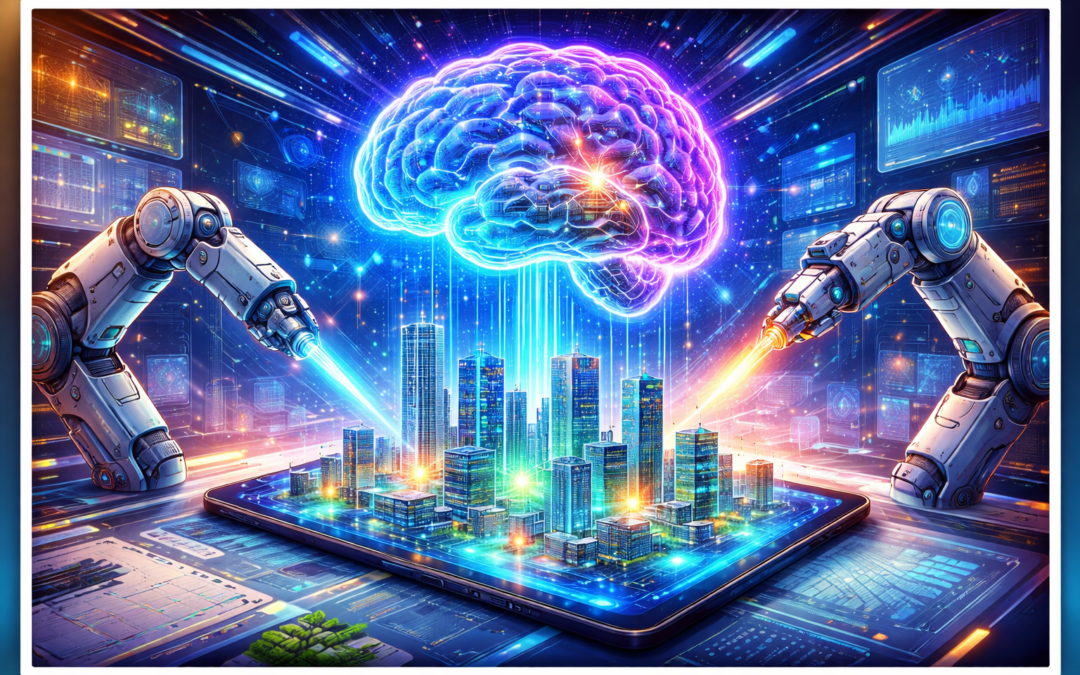The intersection of AI and space technology is entering a new phase as Crusoe Energy and Starcloud align to develop data centers in orbit.
This ambitious project will reshape how AI, LLMs, and generative AI workloads are handled, offering new possibilities for compute scalability, sustainability, and latency reduction.
This analysis covers the key implications, real-world applications, and the outlook for developers, startups, and AI professionals following the latest trends.
Key Takeaways
- Crusoe Energy and Starcloud plan to build space-based data centers to support AI and high-performance computing applications.
- The initiative aims to lower Earth-based data center energy consumption and leverage the unique environment of space for enhanced performance.
- This innovation introduces new opportunities and complexities for the future of AI infrastructure, especially for generative AI and LLM deployments.
Space-Based Data Centers: The Next Leap for AI
Crusoe Energy—a company known for sustainable data solutions—and Starcloud, a space technology startup, have announced a partnership to construct data centers in low Earth orbit (LEO).
According to AI Magazine and corroborated by TechCrunch, the companies will integrate Crusoe’s modular, energy-efficient computing infrastructure with Starcloud’s satellite expertise, aiming for operational deployment as soon as 2026.
Bold new plans to process AI and LLM workloads in orbit could redefine global cloud infrastructure and sustainability benchmarks.
Why AI In Space?
The momentum behind deploying AI infrastructure in space stems from several advantages:
- Energy efficiency: Space data centers can take advantage of solar power and leverage the cold environment to reduce cooling costs, slashing the energy bills typically associated with terrestrial operations.
- Reduced emissions: Projects like Crusoe’s align with ongoing efforts to minimize the carbon footprint of training and deploying large language models (LLMs) and generative AI systems.
- Latency advantages: For globally distributed applications, orbiting compute resources could enable lower latency data routing and processing, accelerating AI inference and expanding coverage.
- Disaster resilience: Space-based architectures can offer robust redundancy, supporting critical AI workloads even during terrestrial outages or climate-related disruptions.
Implications for Developers and Startups
Startups and engineers building generative AI systems should prepare for a paradigm shift in deployment patterns and edge-AI capabilities.
This initiative could spur new development frameworks that optimize for latency, resiliency, and cost in orbital environments.
Developers may harness APIs tailored for space-based compute, potentially outsourcing compute-intensive LLM inference or training runs off-planet.
Startups will need to review compliance, data sovereignty, and cross-domain orchestration as legal and networking standards emerge.
Specialized roles for space-AI integration may become critical.
Challenges and Considerations
- Bandwidth limitations: Downlink and uplink speeds from LEO remain bottlenecks for high-throughput AI tasks and could require novel data compression or caching approaches.
- Hardware reliability: Radiation, micrometeoroids, and temperature fluctuations demand robust, fail-safe hardware tailored for space.
- Cost: Initial costs are high, but rapid advances in both launch and miniaturized data center technologies could democratize orbital compute in the coming decade.
Outlook: Is Space Infrastructure the Next Frontier for AI?
As the market for generative AI and large language models races ahead, the demand for cost-effective, scalable compute rises.
Space-based data centers represent a compelling frontier capable of addressing sustainability concerns, resilience requirements, and unprecedented performance needs.
Industry experts, including those cited in TechCrunch and The Register, emphasize that regulatory clarity, ongoing innovations in connectivity, and robust partnerships will determine the pace of adoption.
Space-based data centers for AI are no longer science fiction—they are fast becoming a strategic reality with real-world implications for how future AI products will scale.
Developers, AI professionals, and cloud architects should closely follow this trend, as the race to off-planet infrastructure is likely to unlock both technical and business opportunities in the rapidly evolving AI ecosystem.
Source: AI Magazine; TechCrunch; The Register











